🦌 8 Things We Recommend When Hunting in Texas
1. Know Which Texas Hunting Seasons Are Open
Texas hunting seasons vary by county and zone, but deer, quail, and javelina seasons are open across much of the state.
Always confirm with the TPWD Outdoor Annual before stepping onto a lease or public land. It updates yearly with bag limits, antler restrictions, and legal hunting hours.
2. Complete the Texas Hunter Safety Course
Born on or after September 2, 1971? You need a hunter education certification.
The course is fast, inexpensive, available online or in-person, and valid for life.
Besides being required, it makes you a safer, more confident hunter.
3. Choose a Good Deer Lease (and Respect It)
Texas is 95% private land, so deer leases are the backbone of hunting here.
Look for leases through trusted sources like LeaseHunter or Texas Lease Connection, and always walk the land with the owner first.
Clarify:
• Gate access
• Guest policies
• Blind/feeder rules
• Camp expectations
• If livestock is present
• Road use after rain
A lease is a privilege—protect that relationship.
4. Pack American-Made Gear You Can Trust
When your gear fails, you pay the price. That’s why we only run American-made, field-tested packs.
Recommended for Texas hunts:
• Mothman Pack — ideal for day hunts, spot-and-stalk, and blind setups
• Grassman Pack — a 96-hour framed ruck for multi-day hunts
• Gnome Chest Pack — fast access to rangefinder, tags, GPS, snacks, and gloves
• Admin Pouch — keeps licenses, ammo, and paperwork squared away
If Bigfoot carried gear, it’d look a lot like this.
5. Learn the Land Before Opening Day
Scouting is more than looking for deer sign.
You should know:
• Prevailing wind direction
• Where the sun rises and sets on your stand
• Entry and exit routes that avoid spooking deer
• Water sources and trails
• Safe turnaround points after rain
• Areas that flood, hold mud, or rut easily
Good hunters don’t wander—they plan.
6. Bring Essential Survival Tools (Not Just Hunting Gear)
Texas weather shifts fast. Fog, cold fronts, and storms roll in without warning.
Carry:
• Windstorm whistle for signaling in low visibility
• AGM power bank to keep GPS/phone/radios alive
• Compass and waterproof map (because batteries fail)
• Knife, multitool, fire starter
• Small first aid/trauma items
Smart hunters live to hunt again.
7. Follow Leave-No-Trace Ethics
This is the rule that separates disciplined hunters from sloppy ones.
Squatch Rule: If you packed it in, pack it out.
Pick up your brass, your buddy’s brass, and the trash someone else left behind.
Close gates. Don’t rut roads. Don’t leave gut piles near camp.
Landowners talk—and bad behavior kills leases.
8. Hunt With Respect for Wildlife, Land, and Tradition
Texas hunting is a blend of heritage, conservation, and capability.
You represent every hunter when you step into the field—so act like it.
Ethical shots. Clean camps. Steady discipline.
That’s how hunting survives another generation.
Bigfoot doesn’t leave trash, cut fences, or take risky shots—neither should you.

